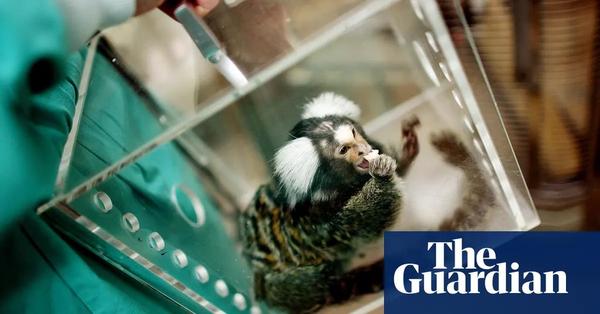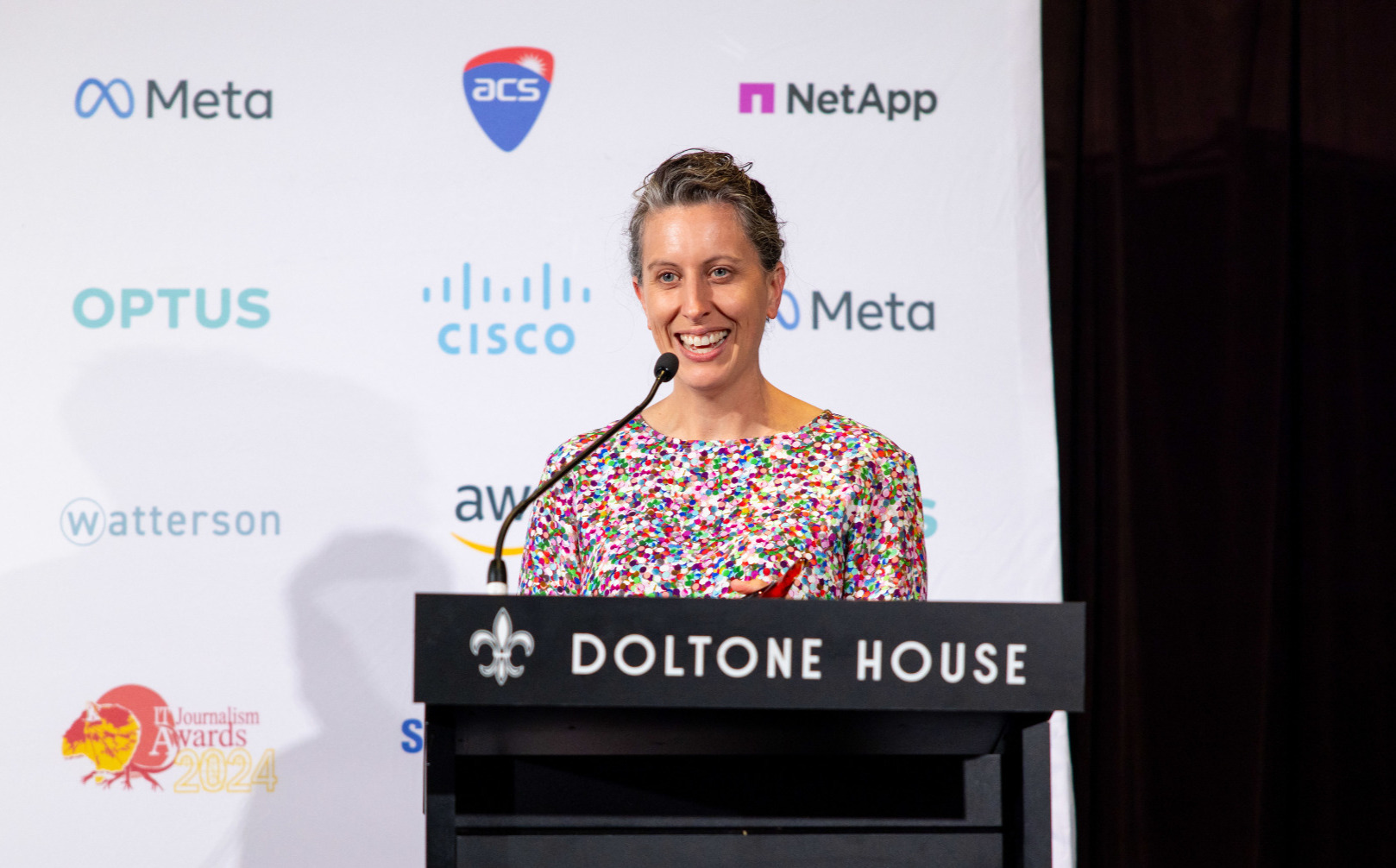


Petra Stock is a climate and environment reporter at Guardian Australia who also specialises in science, technology and education reporting.
Her stories have been published in the Guardian, Cosmos Magazine, The Age, Crikey, Australian Geographic, Archer, RenewEconomy, The Mandarin and The Citizen.
Petra recently won the Alicia Camphuisen Best New Journalist award at the 2024 Samsung Australia IT Journalism Awards ('the Lizzies').
She was highly commended for Excellence in Science, Medical and Health reporting at the Melbourne Press Club Quill awards in 2025, and was MPC's Student Journalist of the Year for 2021.
Her portfolio includes news, features, explainers, investigations and podcasts, and she has extensive experience using Freedom of Information processes.
Petra brings to journalism two decades of professional experience working in climate change solutions, renewable energy development, environmental impact assessment and Aboriginal heritage policy.
She has a Master of Journalism (2022) and a Bachelor of Engineering (Environmental) with honours (2002) and was the 2022 Schiavon Cadet at the Centre for Advancing Journalism.







Built with Journo Portfolio
